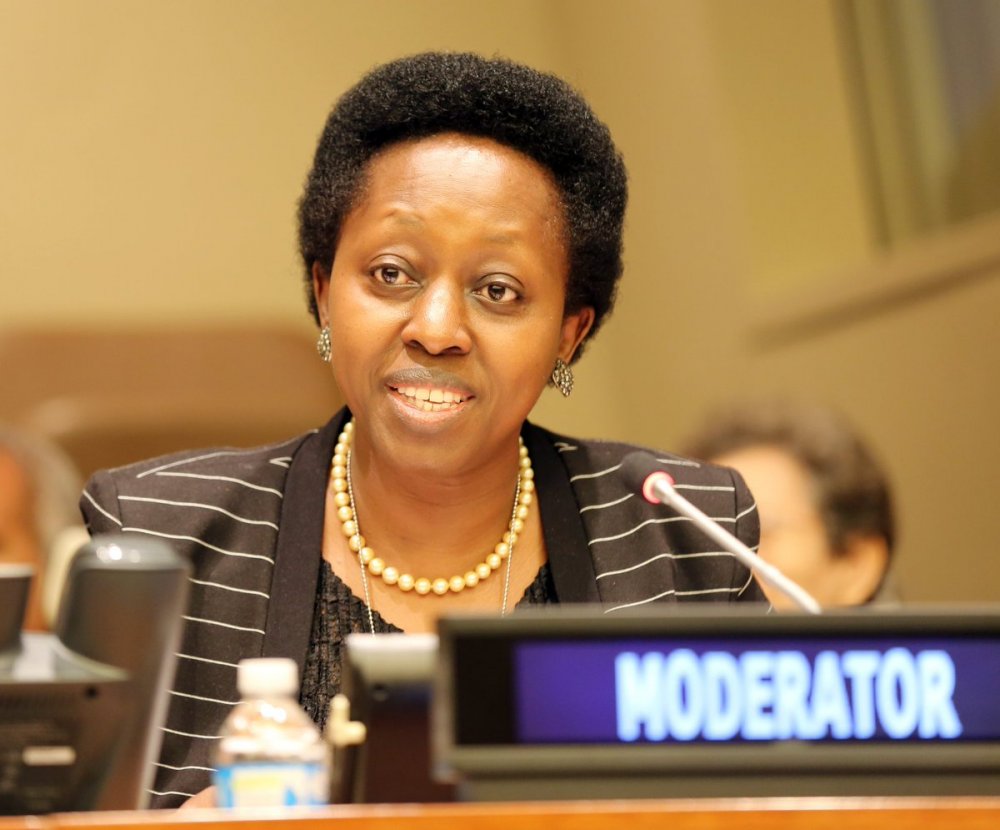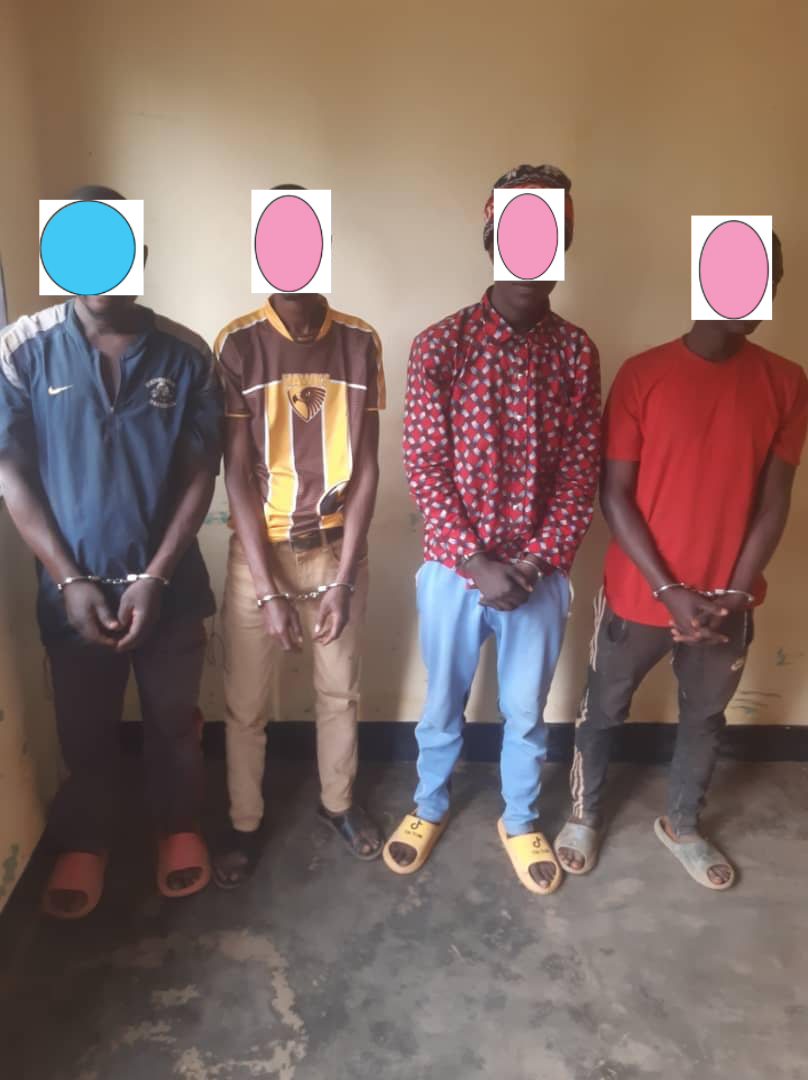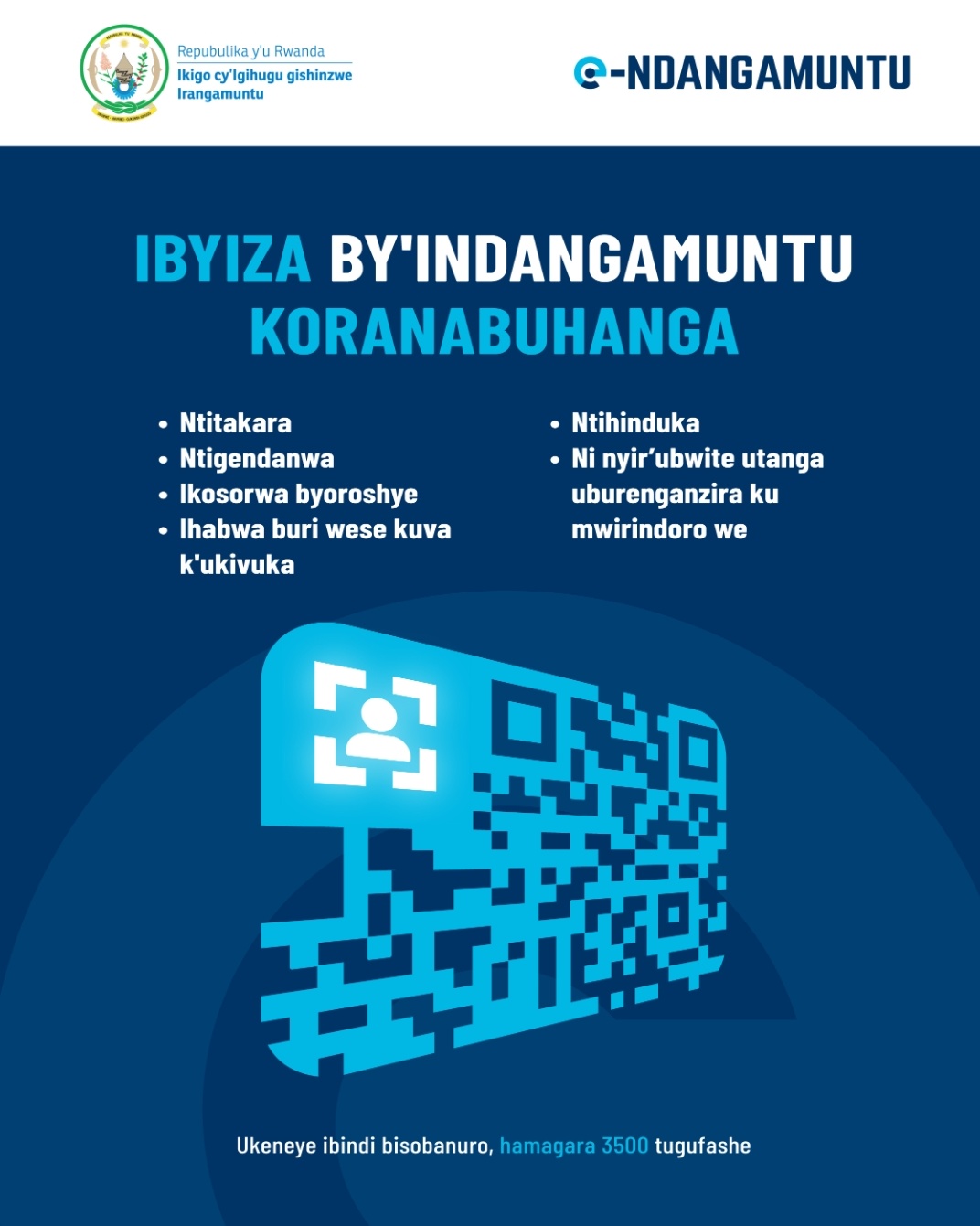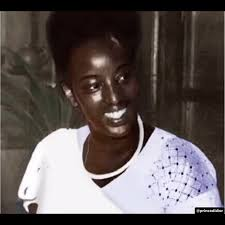
A heated exchange on X has erupted between Rwanda’s Minister of National Unity and Civic Engagement, Dr. Jean Damascène Bizimana, and Belgian academic Prof. Filip Reyntjens, over Belgium’s alleged role in the deaths of Rwanda’s last king and queen.
Dr. Bizimana accuses Belgium of orchestrating the assassination of King Mutara III Rudahigwa in 1959 and knowingly deporting Queen Rosalie Gicanda to her death during the 1994 Genocide against the Tutsi—claims Prof. Reyntjens dismisses as baseless lies.
“Today, the premeditated assassination of King Mutara III Rudahigwa by Belgian colonial authorities is no longer in doubt,” Dr. Bizimana stated. “And as if that crime wasn’t enough, shortly before the 1994 genocide, Belgian authorities cruelly expelled Queen Rosalie Gicanda back to Rwanda, fully aware of the genocidal plan in motion. Two heinous crimes against Rwanda’s royal family for which Belgium bears deep responsibility.”
Dr. Bizimana made these remarks in response to a genocide denial opponent, named Ngando on X, emphasizing Belgium’s alleged role in Rwanda’s painful history and accusing Reyntjens of whitewashing colonial crimes.
But Prof. Reyntjens, a former law and political science lecturer at the University of Antwerp and author of Pouvoir et droit au Rwanda, fired back with unusually sharp language, calling Dr. Bizimana “a shameless liar.”
“There is not a single proof that King Mutara Rudahigwa was assassinated,” Reyntjens posted online. “Dr. Bizimana should read what I wrote on this subject and debate me on substance—will he dare?”
The verbal exchange escalated quickly into personal and political territory. Dr. Bizimana retorted with a lengthy, strongly worded response accusing Reyntjens of being complicit in the past misdeeds of Belgium in Rwanda and of being a “memory assassin” of the genocide.
“You have shone for more than four decades as a champion of lies and fabrications. You collaborated closely with the Habyarimana regime. Since its fall, you’ve harbored deep hatred against Rwanda,” said Bizimana.
He further accused Reyntjens of dodging accountability by discrediting evidence, notably a 1994 letter from Belgium’s Interior Ministry allegedly ordering Queen Gicanda’s deportation despite knowledge of the looming genocide.
“Which lie are you accusing me of when I show a real, dated, numbered letter from the Belgian Interior Ministry ordering her expulsion to a burning Rwanda? That’s not fantasy. It’s fact,” Bizimana said. “Instead of defending Belgium blindly, you should be questioning your own government’s motives behind such a criminal decision.”
Dr. Bizimana then questioned Reyntjens’ moral standing to demand a debate, saying: “Who are you to demand a debate? If you were honest, you would take this as a chance to confront your Belgian leaders about their decision to expel the Queen rather than rushing to call me a liar.”
The clash underscores ongoing tensions between Rwanda and some European scholars and institutions over the interpretation of historical events, particularly the colonial period and the 1994 genocide.
While Reyntjens is known for his critical stance toward the post-genocide Rwandan government, he has often been criticized within Rwanda for allegedly minimizing the role of European powers in Rwanda’s suffering and for being too sympathetic to the former Habyarimana regime.
Dr. Bizimana closed his remarks by rejecting any external interference in Rwanda’s affairs:
“We are no longer in an era where Belgium can dictate how Rwanda lives. We are sovereign and will continue to assert our right to self-determination. The damage Belgium caused is enough. Filip Reyntjens and his likes must stop interfering in our internal matters.”







